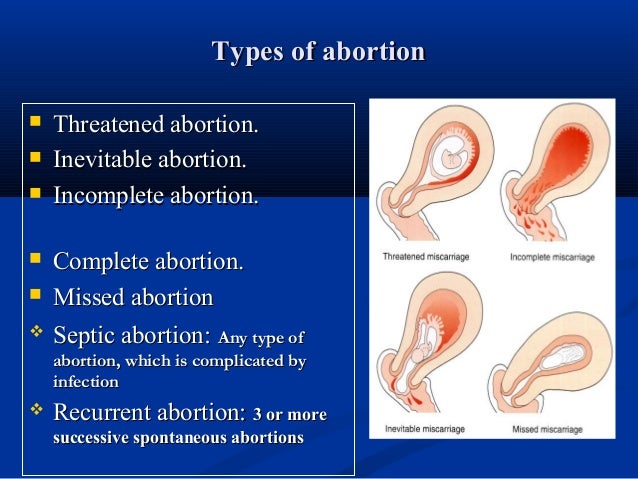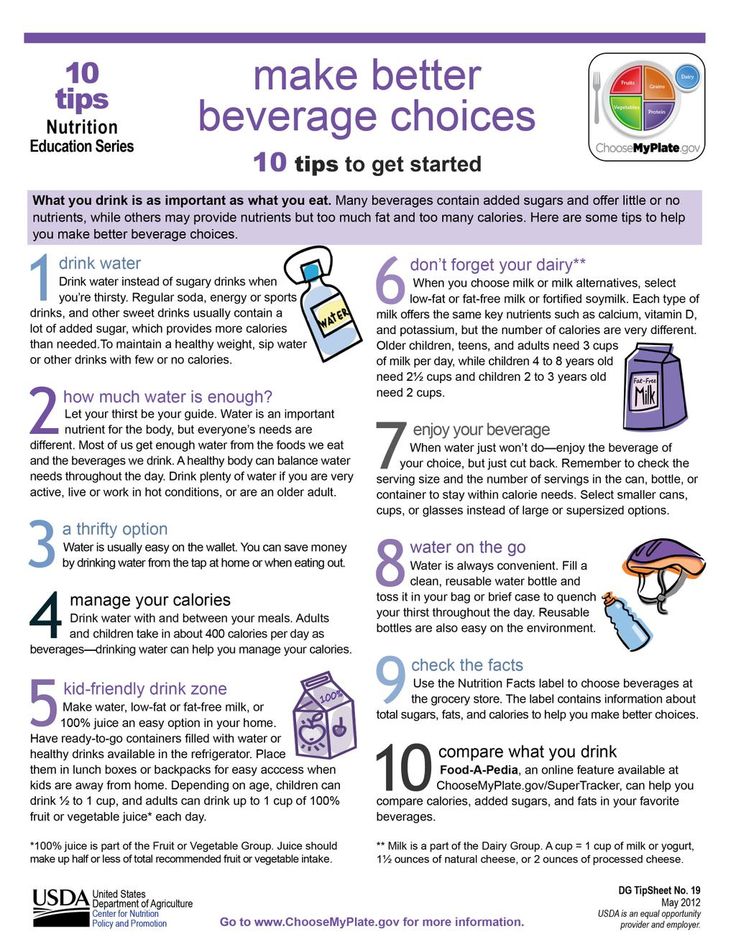Preconception for males
Information for Men | Preconception Care
When most people hear the term preconception health, they think about women. However, preconception health is important for men, too. There are things men can do for their health, as well as for the health of any children they may have.
1. Make a Plan and Take Action
Whether or not you’ve written them down, you’ve probably thought about your goals for having or not having children and how to achieve those goals. This is called a reproductive life plan. It’s really important to have a plan and take action. Every woman, man, and couple can benefit from having a reproductive life plan based on her, his, or their own personal values, goals, and resources.
Preventive health care can help you stay healthier throughout your life.
2. Prevent and Treat Sexually Transmitted Diseases (STDs)
Get screened and treated for any sexually transmitted diseases (STDs). Continue to protect yourself and your partner from STDs during pregnancy. Pregnancy does not provide a woman or the baby she is carrying any protection against STDs. The consequences of an STD can be significantly more serious, even life threatening, for a woman and her unborn baby if the woman becomes infected with an STD while pregnant. In addition, some STDs can cause infertility (not being able to get pregnant) in a woman.
Learn about STDs »
Learn about STDs and Pregnancy »
3. Stop Smoking, Using Certain Drugs, and Drinking Excessive Amounts of Alcohol
Smoking, using certain drugs, and drinking too much alcohol is harmful to your health.
Secondhand smoke can cause early death and disease among children and adults who do not smoke. A pregnant woman who is exposed to secondhand smoke has a 20% higher chance of giving birth to a baby with low birth weight than women who are not exposed to secondhand smoke during pregnancy.
In addition, drinking too much alcohol and using certain drugs can cause infertility among men. If you cannot stop drinking, smoking, or using drugs, contact your healthcare provider, local Alcoholics Anonymous, or local alcohol treatment center.
Alcohol and Drug Resources:
Substance Abuse Treatment Facility Locator
The Substance Abuse and Mental Health Services Administration (SAMHSA) has a treatment facility locator. This locator helps people find drug and alcohol treatment programs in their area.
Alcoholics Anonymous (A.A.)
Alcoholics Anonymous® is a fellowship of men and women who share their experiences, strengths, and hopes with each other so that they can solve their common problem and help others to recover from alcoholism. Locate an A.A. program near you.
Learn about alcohol use »
Smoking Resources:
1-800-QUIT-NOW (1-800-784-8669)
Learn how to quit smoking »
Smoking and pregnancy »
4. Be Careful Around Toxic Substances
Exposure to toxic substances and other harmful materials at work or at home, such as synthetic chemicals, metals, fertilizer, bug spray, and cat or rodent feces, can hurt your reproductive system. Toxic substances might affect your ability to have children.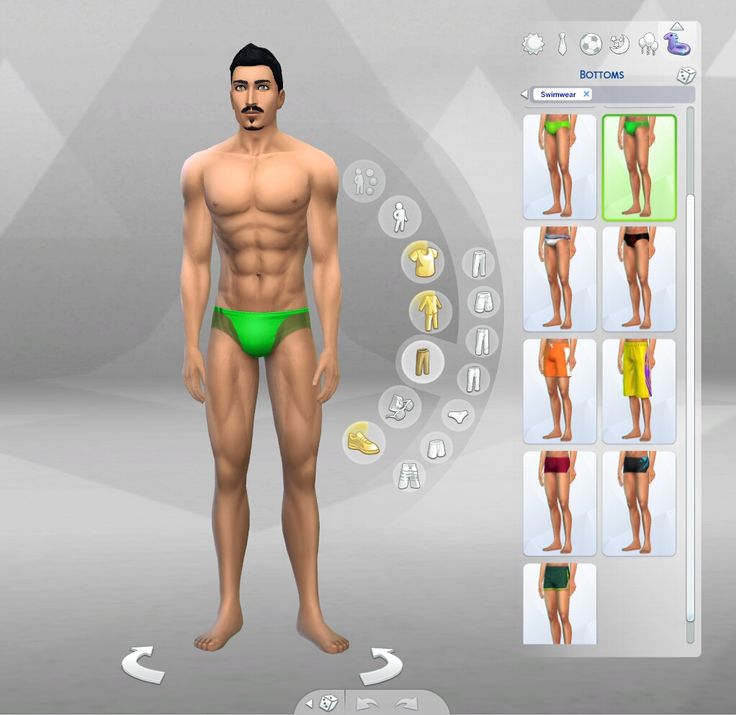 Learn how to protect yourself and your loved ones from toxic substances and other harmful materials at work and at home.
Learn how to protect yourself and your loved ones from toxic substances and other harmful materials at work and at home.
The effects of toxic substances on male reproductive health »
The effects of toxic substances on female reproductive health »
5. Prevent Infertility
Sometimes a man is born with problems that affect his sperm. Other times, problems start later in life due to illness or injury. A man’s sperm can be changed by his overall health and lifestyle. Some things that can reduce the health or number of sperm include:
- Type 1 diabetes
- Heavy alcohol use
- Some drugs, such as marijuana, cocaine, and anabolic steroids
- Smoking cigarettes
- Age
- Obesity
- Hazardous substances, including bug spray and metals, such as lead
- Diseases such as mumps, serious conditions like kidney disease, or hormone problems
- Medicines (prescription, nonprescription, and herbal products)
- Radiation treatment and chemotherapy for cancer
If you are concerned about fertility, talk with your doctor or another health professional.
Learn more about infertility »
6. Reach and Maintain a Healthy Weigh
tPeople who are overweight or obese have a higher risk for many serious conditions, including heart disease, type 2 diabetes, and certain cancers.1 In addition, obesity among men is associated directly with increasing male infertility.2,3 People who are underweight also are at risk for serious health problems.4
The key to achieving and maintaining a healthy weight isn’t about short-term dietary changes. It’s about a lifestyle that includes healthy eating and regular physical activity. Staying in control of your weight contributes to good health now and as you age.
If you are underweight, overweight, or obese, talk with your doctor or another health professional about ways to reach and maintain a healthy weight.
Learn about healthy weight »
7. Learn Your Family History
Collecting your family’s health history can be important for your child’s health. You might not realize that your sister’s heart defect or your cousin’s sickle cell disease could affect your child, but sharing this family history information with your doctor can be important.
You might not realize that your sister’s heart defect or your cousin’s sickle cell disease could affect your child, but sharing this family history information with your doctor can be important.
Based on your family history, your doctor might refer you for genetic counseling. Other reasons people go for genetic counseling include having had several miscarriages, infant deaths, or trouble getting pregnant (infertility) or a genetic condition or birth defect that occurred during a previous pregnancy.
Learn more about family history »
Learn more about genetic counseling »
8. Get Mentally Healthy
Mental health is how we think, feel, and act as we cope with life. To be at your best, you need to feel good about your life and value yourself. Everyone feels worried, anxious, sad, or stressed sometimes. However, if these feelings do not go away and they interfere with your daily life, get help. Talk with your doctor or another health care professional about your feelings and treatment options.
Learn about mental health »
Learn about depression »
9. Support Your Partner
As partners, men can encourage and support the health of women. For example, if your partner is trying to eat healthier to get ready for pregnancy you can join her and eat healthier, too. Or if your partner has a medical condition, you can encourage her to see her doctor and remind her to follow her treatment plan.
References
- NIH, NHLBI Obesity Education Initiative. Clinical Guidelines on the Identification, Evaluation, and Treatment of Overweight and Obesity in Adults. Available online:
http://www.nhlbi.nih.gov/guidelines/obesity/ob_gdlns.pdf (PDF-1.25Mb) - Sallmen M, Sandler DP, Hoppin JA, Blair A, Baird DD. Reduced fertility among overweight and obese men. Epidemiology. 2006;17:520–523
- Frey, Keith A., et al. The clinical content of preconception care: preconception care for men. AJOG. Volume 199, Issue 6, Supplement B , Pages S389-S395, December 2
- Moos, Merry-K, et al.
 Healthier women, healthier reproductive outcomes: recommendations for the routine care of all women of reproductive age. AJOG Volume 199, Issue 6, Supplement B , Pages S280-S289, December 2008.
Healthier women, healthier reproductive outcomes: recommendations for the routine care of all women of reproductive age. AJOG Volume 199, Issue 6, Supplement B , Pages S280-S289, December 2008.
Preconception health for men | Pregnancy Birth and Baby
Preconception health for men | Pregnancy Birth and Baby beginning of content5-minute read
Listen
A father-to-be’s health and age can affect his partner’s chances of falling pregnant, as well as the future health of the baby. There are simple steps you can take to help ensure you’re as healthy and fit as possible to be a dad.
If you want to conceive a baby, it is important to:
- start trying to fall pregnant before you are 40, if possible
- be in a healthy weight range
- quit smoking
- cut back on alcohol
- avoid exposure to some chemicals
About your age
Men can make sperm into their 70s and beyond, but the quality of the sperm declines as they get older. Men over 40 have fewer healthy sperm than younger men. If you are 45 or older, your partner may take longer to fall pregnant and is at greater risk of miscarriage. Older dads are at slightly higher risk of having a baby with autism or a mental health condition such as schizophrenia, compared with younger fathers.
Men over 40 have fewer healthy sperm than younger men. If you are 45 or older, your partner may take longer to fall pregnant and is at greater risk of miscarriage. Older dads are at slightly higher risk of having a baby with autism or a mental health condition such as schizophrenia, compared with younger fathers.
Of course, you can’t control your age – but if you are older and thinking about conceiving, start trying as soon as possible.
Your health matters
About half of infertility cases are due to a problem that the man has, so it’s a good idea to have a general medical check-up before you try for a baby. Talk to your doctor about any tests you might need, and whether you should avoid any medicines you might already be taking.
You have a better chance of conceiving if you have healthy sperm. The best way to ensure you have plenty of healthy sperm is to keep your testicles cool, as heat affects the testicles’ ability to make sperm. For a few months before you want to conceive, you can help keep your testicles cool by avoiding very hot baths or spas, not putting your laptop on your lap, and wearing loose-fitting underwear.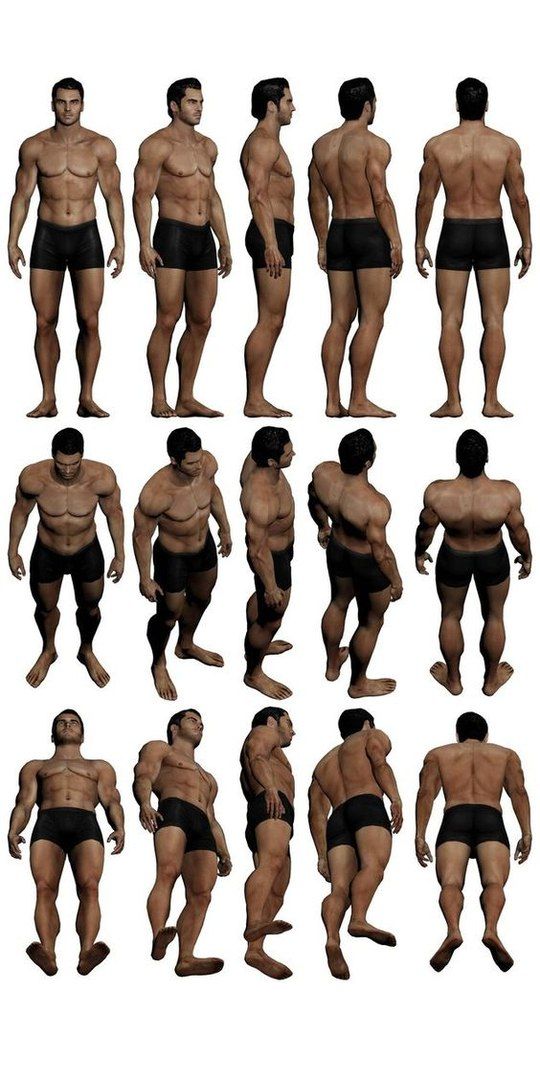
If you are planning on a baby, check if you have any sexually transmitted infection (STIs), as they can lead to infertility. Having a test before conception reduces the risk of passing on an infection to your partner or the child.
If you have a medical condition such as cancer, talk to your doctor if you think you’ll want a baby in the future. There are ways to preserve your fertility, such as extracting and freezing sperm or tiny parts of the tissue from your testicles. Your doctor needs to know about your wishes before cancer treatment starts.
Complementary or alternative medicines
Complementary or alternative therapies, such as acupuncture, herbal medicines and massage, might improve your general wellbeing, but there is no evidence they can boost your fertility. It’s always best to talk to your doctor before embarking on any complementary or alternative treatments.
Preconception and your lifestyle
Being a healthy weight increases your chance of conceiving a healthy baby. Being overweight affects the quality of your sperm, reduces your sex drive and can make it more difficult to keep an erection. Being underweight can also make it harder for you to conceive.
Being overweight affects the quality of your sperm, reduces your sex drive and can make it more difficult to keep an erection. Being underweight can also make it harder for you to conceive.
The best way of achieving a healthy weight is to eat a nutritious diet and exercise regularly. If you are overweight or obese, even losing just a few kilos will help. You and your partner should encourage each other to lead a healthy lifestyle. Follow the Australian Dietary Guidelines and aim for a variety of healthy foods every day and fewer foods containing added salt, sugar and fat.
Each week try to do 2½ to 5 hours of moderate intensity physical activity or 1¼ to 2½ hours of vigorous intensity physical activity. Simply sitting less and moving more will help. Find easy ways to build physical activity into your lifestyle from the Department of Health’s website.
Things to avoid
Smoking: There is no safe limit for smoking. If you are trying to have a baby, it’s important to quit at least 3 months before you start trying for a baby.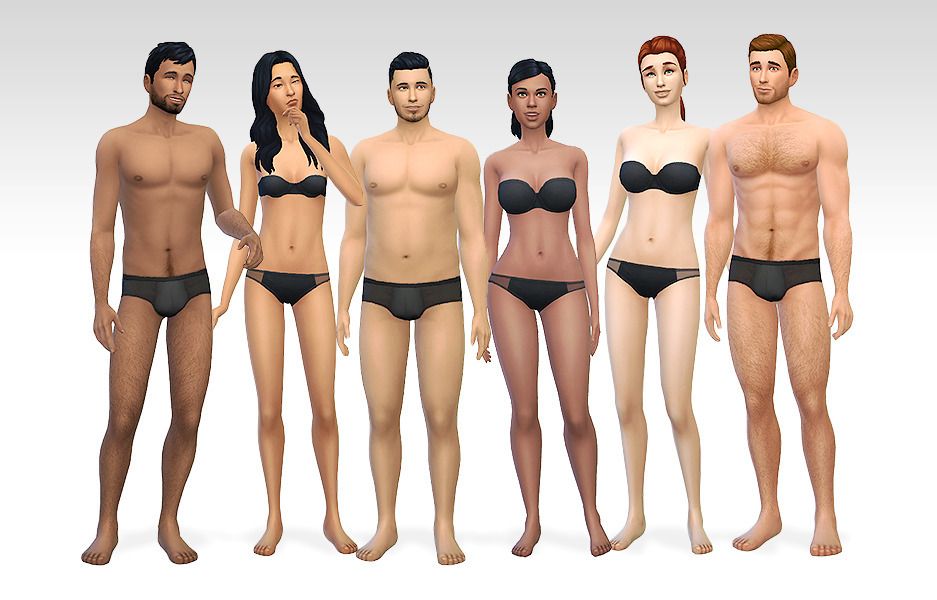 Smoking can affect your erections, it damages the DNA in your sperm and smoking more than 1 pack of cigarettes a day increases the risk of the baby developing leukaemia.
Smoking can affect your erections, it damages the DNA in your sperm and smoking more than 1 pack of cigarettes a day increases the risk of the baby developing leukaemia.
For help quitting, contact Quitline on 13 7848.
Drinking: Heavy drinking affects your sex drive, makes it difficult to keep an erection, and affects the quality of your sperm. You don’t have to give up alcohol – just cut down and keep your intake within safe limits. There’s no evidence that consuming caffeine (e.g. coffee) will affect a man’s chance of conceiving.
Medicines: Your doctor will let you know if it’s OK to keep taking your medicines and any vitamins or supplements. Medicines that can impact your fertility include pain relief medication that contains opiates, as well as medicines to treat depression and anxiety. Cancer treatments like chemotherapy and radiotherapy can also affect your fertility.
Steroids: Taking anabolic steroids can stop you from producing sperm. They can shrink your testicles, while affecting your erection and your sex drive. It can take up to 2 years after stopping anabolic steroids for a person’s sperm to be healthy again.
They can shrink your testicles, while affecting your erection and your sex drive. It can take up to 2 years after stopping anabolic steroids for a person’s sperm to be healthy again.
Drugs: Avoid all recreational drugs such as cocaine, heroin, ecstasy and marijuana as these can cause permanent fertility problems.
Chemicals: Toxins and pollutants both at work and in daily life can affect your sperm. These include pesticides, heavy metals, some chemicals and plastics, and radiation. Try to limit your exposure to these and wear protective clothing if you are trying for a baby.
Where to get help
You can find more information from:
- speak to your doctor
- Your Fertility for information about male and female fertility
- Healthy Male for information on men's health and fertility
- call Pregnancy, Birth and Baby on 1800 882 436 to talk to a maternal child health nurse
Sources:
National Health and Medical Research Council (Eat for Health Australian Dietary Guidelines), Your Fertility (Lifestyle), Your Fertility (Health and medical), Healthy Male (Male infertility)Learn more here about the development and quality assurance of healthdirect content.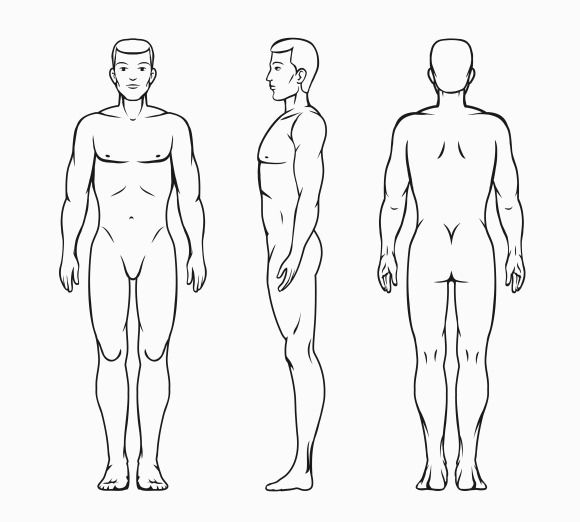
Last reviewed: May 2021
Back To Top
Related pages
- Preconception health for women
- Genetic counselling
- Fertility tests and treatments
- Planning for pregnancy
- Understanding fertility
Need more information?
Male infertility: Symptoms, causes & diagnosis | Healthy Male
As a male, your fertility generally depends on the quantity and quality of your sperm. If the number of sperm you ejaculate is low, or if the sperm are of a poor quality, it will be difficult, and in some cases impossible, to get pregnant. In most cases, there are no obvious signs of infertility.
Read more on Healthy Male - Andrology Australia website
Sperm health | Healthy Male
If you’re planning on having a child, it’s just as important for you be healthy as it is for your partner. Many things can damage your sperm, including being overweight, smoking, older age, and exposure to harmful chemicals. These factors won’t just reduce the chance of pregnancy – they can also affect the health of your baby.
Many things can damage your sperm, including being overweight, smoking, older age, and exposure to harmful chemicals. These factors won’t just reduce the chance of pregnancy – they can also affect the health of your baby.
Read more on Healthy Male - Andrology Australia website
Healthy sperm | Your Fertility
Most men don’t give much thought to the quality of their sperm, until it’s time to start a family
Read more on Your Fertility website
Storing your sperm (Sperm preservation) | Healthy Male
Semen can be frozen and stored long-term for future use. If you want to father a child at a later stage, the frozen semen is thawed and used in fertility treatments such as in vitro fertilisation (IVF).
Read more on Healthy Male - Andrology Australia website
Preconception health checklist for men | Healthy Male
Diet, weight, smoking, age and more can impact a man’s sperm health and fertility. Here is a preconception checklist for men to improve sperm health and increase fertility before trying to have a baby.
Here is a preconception checklist for men to improve sperm health and increase fertility before trying to have a baby.
Read more on Healthy Male - Andrology Australia website
Infertility in men - Better Health Channel
A couple isn't suspected of fertility problems until they have tried and failed to conceive for one year.
Read more on Better Health Channel website
Smoking | Your Fertility
A healthy baby starts with healthy sperm and healthy eggs
Read more on Your Fertility website
Male fertility and conception- tips for getting pregnant by improving sperm health
Male fertility is vital for conception and a healthy pregnancy. Couples trying to get pregnant need to pay attention to factors which increase the chances of infertility in men. In addition to a healthy diet and regular exercise, treating sexual problems and avoiding recreational drugs helps boost male fertility.
Couples trying to get pregnant need to pay attention to factors which increase the chances of infertility in men. In addition to a healthy diet and regular exercise, treating sexual problems and avoiding recreational drugs helps boost male fertility.
Read more on Parenthub website
Male infertility - MyDr.com.au
Male infertility is a major factor in 30-50 per cent of difficulties conceiving. It usually results from low numbers of, or poor quality, sperm.
Read more on myDr website
Vasectomy, Procedure & Risk | Healthy Male
A vasectomy is a surgical operation that cuts the tubes (called the vas deferens or the ‘vas’) that carry the sperm from the testicles to the tip of the penis. Men generally get vasectomies to prevent pregnancy with a partner. It’s a very effective, safe and permanent form of contraception.
It’s a very effective, safe and permanent form of contraception.
Read more on Healthy Male - Andrology Australia website
Disclaimer
Pregnancy, Birth and Baby is not responsible for the content and advertising on the external website you are now entering.
OKNeed further advice or guidance from our maternal child health nurses?
1800 882 436
Video call
- Contact us
- About us
- A-Z topics
- Symptom Checker
- Service Finder
- Linking to us
- Information partners
- Terms of use
- Privacy
Pregnancy, Birth and Baby is funded by the Australian Government and operated by Healthdirect Australia.
Pregnancy, Birth and Baby is provided on behalf of the Department of Health
Pregnancy, Birth and Baby’s information and advice are developed and managed within a rigorous clinical governance framework. This website is certified by the Health On The Net (HON) foundation, the standard for trustworthy health information.
This site is protected by reCAPTCHA and the Google Privacy Policy and Terms of Service apply.
This information is for your general information and use only and is not intended to be used as medical advice and should not be used to diagnose, treat, cure or prevent any medical condition, nor should it be used for therapeutic purposes.
The information is not a substitute for independent professional advice and should not be used as an alternative to professional health care. If you have a particular medical problem, please consult a healthcare professional.
Except as permitted under the Copyright Act 1968, this publication or any part of it may not be reproduced, altered, adapted, stored and/or distributed in any form or by any means without the prior written permission of Healthdirect Australia.
Support this browser is being discontinued for Pregnancy, Birth and Baby
Support for this browser is being discontinued for this site
- Internet Explorer 11 and lower
We currently support Microsoft Edge, Chrome, Firefox and Safari. For more information, please visit the links below:
- Chrome by Google
- Firefox by Mozilla
- Microsoft Edge
- Safari by Apple
You are welcome to continue browsing this site with this browser. Some features, tools or interaction may not work correctly.
And why do you have a prejudiced attitude towards men?)
This is someone else's computer Forgot your password?
- home
- Dating, Love, Relationships
- Other relationships
- closed question
- Other relationships
- Closed question
- Business, Finance
- Cities and Countries
- Leisure, Entertainment
- Animals, Plants
- Health, Beauty, Medicine
- Dating, Love, Relationships
- Friendship
- Dating
- Love
- Relationships
- Other relationships
- Parting
- Art and Culture
- Computers, Internet, Communications
- Cooking, Recipes
- Linguistics
- Science and Technology
- Education
- Society, politics, media
- Separate Category
- Other
- Travel, Tourism
- Job, Career
- Family, Home, Children
- Sport
- Style, Fashion, Stars
- Goods and Services
- Transport
- Philosophy, Psychology nine0015 Photography, Videography
- Legal advice
Humor
Closed 8 years
The one who protects you
Expert (341)
Well one deceived you alone, and the rest then))
#Relation
We pay up to 300 rub for every thousand unique search hits for your question or answer More
| BEST ANSWER OF 2 |
Personal account deleted
Mentor (45936)
I'm not a little girl anymore, it's hard to fuck me, but I can)))))))))))))))
| MORE ANSWERS |
Smooth
Supreme Mentor (123406)
If I'm not like that))))))))
| RELATED QUESTIONS |
why is the relationship between a man and a woman, you to me, I to you, called love?
why, when you warn a man at the beginning of a relationship that he doesn’t believe, and then with such a reproach he expresses what kind of person you are?))) you were warned))))
Why are you so prejudiced against me? ))
Why do men, when they drink a couple of glasses, become more cheeky towards women, that's when the tongue is untied and you find out that you are loved?
Man, why are you so stupid??? You're in a relationship and it won't stop you!!!!
Why does a 39-year-old man not want a serious relationship, says he's walked up, I don't want other women, I want you, but he says freedom is needed, love, family, affection is not needed? What is it with him? nine0003
"Any person here who has more or less often talked with you and who has no prejudice against you will confirm the presence of insanity in you . .." this is about me, well, who agrees and why the psychiatrist does not remove me from work and not stubborn
.." this is about me, well, who agrees and why the psychiatrist does not remove me from work and not stubborn
Why can't men understand once and for all that the character of their woman is a reflection of their attitude towards her?))))
If you like a man, but you don't see any chances for a relationship, will you just leave?))
Why do men think that being in a relationship with a girl who suits them as a daughter is normal? nine0003
"What was that?": how to deal with prejudice
"What was that?": how to deal with prejudice | Big Ideas CommunicationsArticle published in Harvard Business Review Russia Joseph Granny , Judith Onesti , David Maxfield nine0002 Prejudice in the office can be both overt and covert, causing shock and outrage in people.
 However, most often it becomes the cause of subtle signals, the essence of which fits into one phrase - “So, wait, what was that now?”. Let's give some examples. The client does not take you seriously because of your age. A potential customer only exchanges glances with your “white” colleague. A co-worker thinks you're angry, and another co-worker who is as determined as you is called strong (according to one of four studies, women are much more likely to experience this attitude). nine0003
However, most often it becomes the cause of subtle signals, the essence of which fits into one phrase - “So, wait, what was that now?”. Let's give some examples. The client does not take you seriously because of your age. A potential customer only exchanges glances with your “white” colleague. A co-worker thinks you're angry, and another co-worker who is as determined as you is called strong (according to one of four studies, women are much more likely to experience this attitude). nine0003 At such times, you begin to doubt other people's intentions and your own judgment. Your inner voice tells you: “It's a shame, of course, but is it worth it to be upset about this? And why all of a sudden? At best, such an attitude, the manifestation of which you will not immediately guess, will exhaust you, and at worst, poison your soul.
Due to its sometimes non-obvious nature, this phenomenon is quite difficult to eradicate in the workforce. Leaders set rules that prohibit discrimination against certain social groups. But what about prejudice that manifests itself randomly and unconsciously? Is it possible to legally prohibit speculation about the status of a person, exchange views or make erroneous conclusions? nine0003
But what about prejudice that manifests itself randomly and unconsciously? Is it possible to legally prohibit speculation about the status of a person, exchange views or make erroneous conclusions? nine0003
Clearly the corporate culture needs to change. However, until they come, the question remains: what should a person who daily faces barely noticeable manifestations of injustice do? Putting an additional burden of responsibility on the victims of prejudice would be wrong. If they are not armed with transition protection while the company changes its corporate culture, the current situation will only get worse.
We believe that in this case one should act in two directions - "cultivate the seed" and "cultivate the soil." The seed refers to a person who needs to learn how to resist prejudice, survive and thrive no matter what "soil" under his feet.
Soil is a company that has not completely outlived prejudice. It must be processed so that a wide variety of seeds can germinate in it.
Prejudice: what's the point?
This year we asked people who have experienced prejudice at work to give details of what happened to them. In two weeks, they sent us 498 full of bitter stories that will not leave anyone indifferent. In most cases, the manifestations of bias were undisguised. Let's give examples.
“One day I was having lunch with my comrades when two gay men passed by us. Some of my colleagues sneered contemptuously, expressing their distaste for them. As a gay man, I was extremely annoyed that these employees, brought up in an atmosphere of multiculturalism and tolerance, behaved rudely and unprofessionally. One of my colleagues, who was aware that I was gay, made a corresponding remark to them, but they ignored him and continued the conversation as if nothing had happened. nine0003
Sometimes people reported that their offenders, realizing they were wrong, tried to apologize, but usually it was too late.
“I am the only woman in a group of ten men. Being 11 weeks pregnant, I decided to report my situation to my boss. This news pissed him off. “Yes, so that I hire a woman at least once!” he blurted out. His reaction shocked me to the core. On Monday, the manager apologized to me for his comment, saying that he was just joking. I accepted them, while clearly understanding that these words were spoken by him seriously. Unfortunately, I couldn't stand up for myself." nine0003
Being 11 weeks pregnant, I decided to report my situation to my boss. This news pissed him off. “Yes, so that I hire a woman at least once!” he blurted out. His reaction shocked me to the core. On Monday, the manager apologized to me for his comment, saying that he was just joking. I accepted them, while clearly understanding that these words were spoken by him seriously. Unfortunately, I couldn't stand up for myself." nine0003
Paradoxically, the rarest examples describe the most common cases of unfair treatment, which is random and unconscious. The lack of such stories in our sample is probably due to the fact that the hidden behaviors underlying them are difficult to recognize, describe and stop.
“I'm the only woman on the software engineering team. Leading specialists, selecting candidates for work in new cool and breakthrough projects, as a rule, do not notice me. It seems to me that this is happening because I violate their male idyll. nine0003
The problem lies not only in the fact that people have to experience tendentiousness, but also in the fact that it is not customary to talk about such cases.







